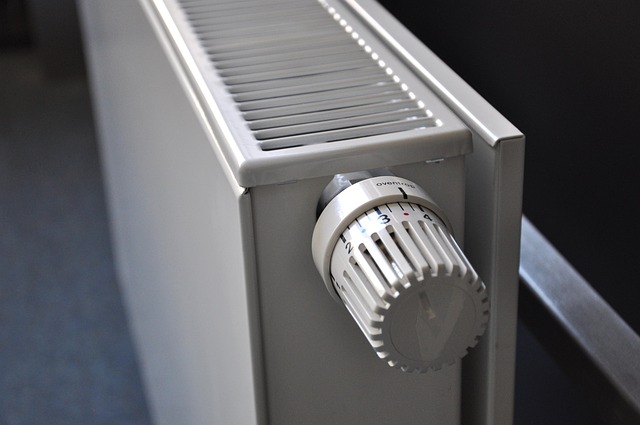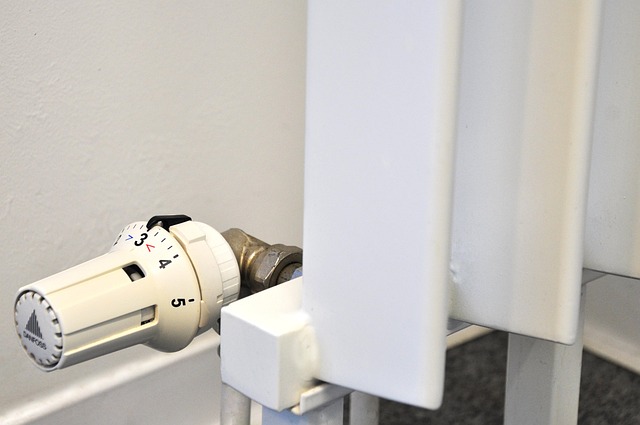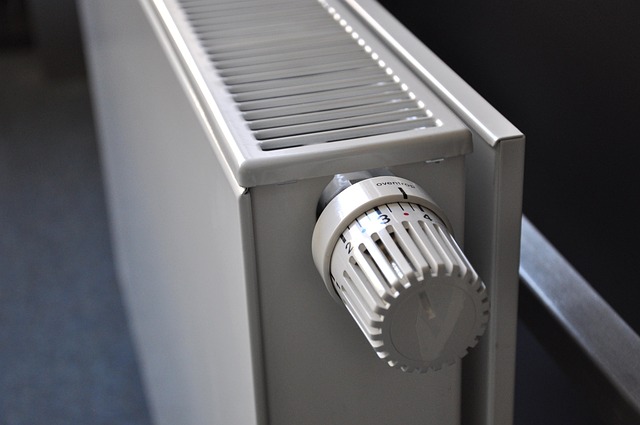Eugene, Oregon, is leading the way in sustainable transportation by expanding its network of EV charger installations to meet growing demand. Strategic placement in business districts, residential areas, parks, and government buildings, alongside advanced charging technologies, enhances the EV ownership experience. By addressing urban and rural needs through collaboration and tailored solutions, Eugene promotes widespread EV adoption, reduces environmental impact, and fosters economic growth.
“Explore the efficient electric vehicle (EV) charging landscape in Eugene, Oregon, where innovative solutions are transforming sustainable transportation. This article delves into the crucial aspect of EV charger installation, tailored to the unique needs of this vibrant city. We examine how advanced charging systems and optimized infrastructure benefit residents and businesses alike. By understanding the local context and exploring diverse charging options, Eugene can lead the way in adopting clean energy vehicles, contributing to a greener future.”
- Understanding EV Charger Installation Needs in Eugene
- Benefits and Types of Efficient EV Charging Systems
- Optimizing EV Charging Infrastructure for Oregon Communities
Understanding EV Charger Installation Needs in Eugene

Eugene, Oregon, is embracing the future of sustainable transportation with a growing network of electric vehicle (EV) charging stations. Understanding the specific needs for EV charger installation in this vibrant city is essential to meet the demands of its eco-conscious residents and visitors. The process involves several key considerations, including identifying suitable locations for chargers, ensuring adequate electrical infrastructure, and selecting the right type of charging equipment for various EV models.
The city’s landscape offers both opportunities and challenges for ev charger installation. Business districts, residential neighborhoods, and public spaces like parks and government buildings can host charging stations to cater to diverse user needs. However, navigating through existing electrical systems and understanding local regulations is crucial to guarantee a safe and efficient charging infrastructure. Proper planning ensures that Eugene continues to lead the way in sustainable mobility options, providing convenience and peace of mind for EV owners while contributing to a greener environment.
Benefits and Types of Efficient EV Charging Systems

Efficient electric vehicle (EV) charging systems offer numerous benefits, both for EV owners and the environment. These benefits include reduced charging times, increased energy efficiency, and lower operating costs. By employing advanced technologies like fast chargers and wireless charging, Eugene, Oregon residents can enjoy quicker trips and less time spent waiting at charging stations.
There are several types of efficient EV charging systems available, each with its unique advantages. Direct current (DC) fast chargers provide the fastest charging times, making them ideal for long-distance travel. Alternating current (AC) level 2 chargers, often installed in residential and commercial settings, offer a balance between speed and cost-effectiveness. Additionally, wireless EV charging systems eliminate the need for plugs and cables, simplifying the charging process and enhancing accessibility. EV charger installation in Eugene can facilitate these advanced charging solutions, contributing to a more sustainable and convenient future for electric vehicle owners.
Optimizing EV Charging Infrastructure for Oregon Communities

Optimizing EV charging infrastructure is crucial for fostering widespread adoption of electric vehicles (EVs) in Oregon communities. The state’s diverse geography and climate present unique challenges, necessitating tailored solutions. For instance, in urban areas like Eugene, dense populations and limited parking spaces require efficient, accessible EV charger installations. These could include fast-charging stations at public parks, transit hubs, and commercial centers to cater to the daily needs of EV owners.
In contrast, rural regions demand off-grid and modular charging solutions that can be easily deployed in remote locations. Proper planning and collaboration between local governments, utility providers, and EV manufacturers are essential to address these disparities. By strategically placing EV chargers in both urban and rural settings, Oregon communities can ensure a seamless transition to sustainable transportation, reducing environmental impact and promoting economic growth.














